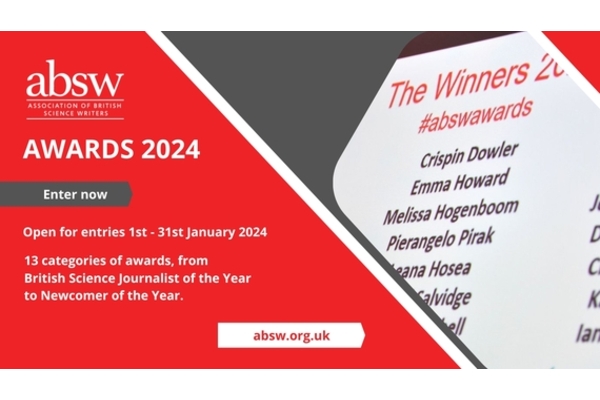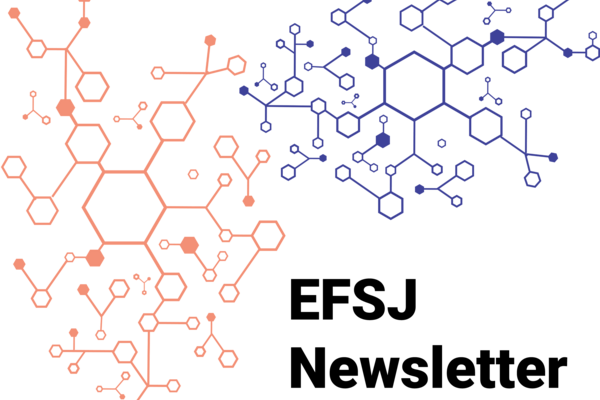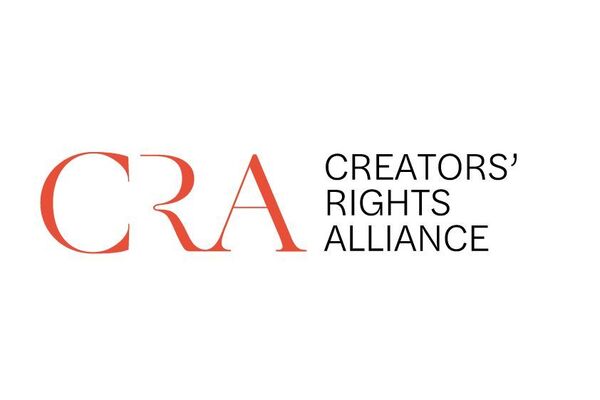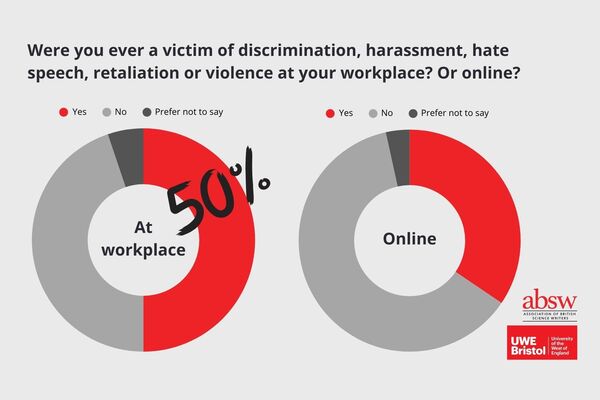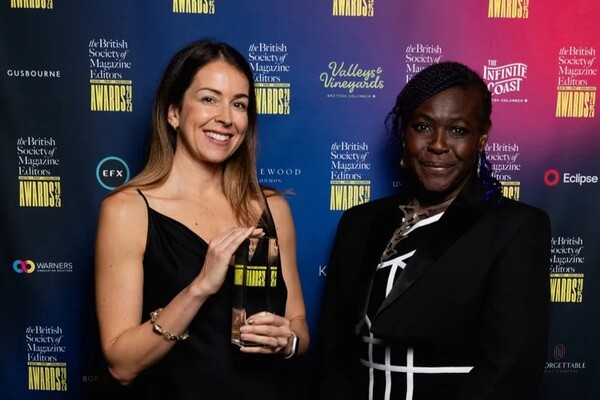Martin Ince, the Chair of the Judging Panel for ABSW Awards 2024, shared some tips and insights useful for people who wish to apply for the awards. Ince, a freelance science & education writer, media adviser & media trainer, commented on last year’s awards: “The hundreds of high-quality entries we received for these awards prove that the UK and Irish science writers are an energetic, innovative, and talented community. Many of the categories had several entries which would have been deserving winners.” Now it is your turn to try.
1. Who can submit their work?
These Awards are open to all writers and journalists, not just to those with words like “science” or “technology” in their job titles. And I’d like to remind our Irish colleagues that these are the British and Irish Awards, and are not exclusive to the UK.
2. Why enter?
First, there is money in it if you win. Also, preparing your entry will make you cast a critical eye over your work for 2023. What might have you done better? Next, winning will give you prestige with your present boss, a good line when you ask for a pay rise, and a strong point for your CV as your career progresses. And most important, it might help you persuade your parents or your partner that this bizarre occupation you have taken up is a real job in a real profession.
3. What are judges looking for?
We want an important story, told in a way that is appropriate to the format. A long podcast, say, hits the listener in a very different way from a news story. Exclusivity never does any harm, but a new way into a running story is equally valid.
As you might expect, the judges are interested in science and technology that changes lives, across a broad front from electric vehicles to the microbiome. But we know that readers, viewers and listeners are also fascinated by stories of no apparent utility that change their attitude toward the universe. Just look at the huge public interest in images from the James Webb Space Telescope (JWST), or in discoveries from CERN.
4. What topics could be highlighted?
One aspect of science and technology coverage that I’d like to see expanded in Awards entries is research as a human activity. What is the working life of a scientist like? It is hard for a non-scientist to visualise how science is done unless we tell them. I regard this as a key part of the picture while accepting that the story is not always one that shows science and scientists in a wholly positive light. Note too that our Dr Katharine Giles Award exists to encourage scientists to tell their own science stories.
The current concern with AI – surely a key area for this year’s Awards — has highlighted the fact that much world-altering research is now carried out by businesses. These organisations naturally have their own ways in which they want to communicate, and can be a lot less open than universities or government labs. I’d be keen to see more stories that jump this barrier.
Check the full Awards criteria here.

